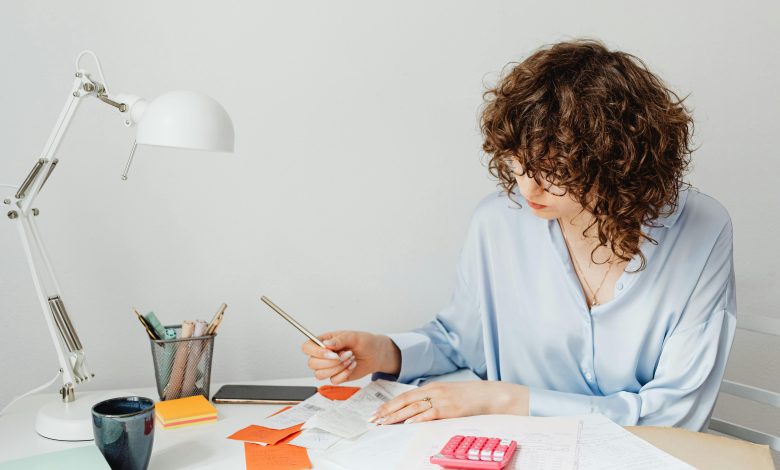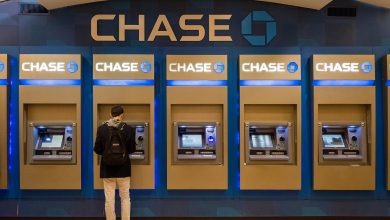When to Open a Checking Account

When to Open a Checking Account
Opening a checking account is one of the first key steps toward managing your money responsibly. But when is the right time to do it? The answer depends on your personal situation, goals, and stage of life. Here’s a practical look at when opening a checking account makes the most sense—and why you might not want to wait too long.
Starting your first job
If you’re getting your first paycheck from an employer, it’s smart to have a checking account ready. Most employers pay by direct deposit, and a checking account is the simplest way to receive that money. Without it, you might rely on paper checks or prepaid debit cards, which often come with extra fees. Having your pay go directly into your account also means faster access to your money.
Heading to college
College often brings new financial responsibilities—paying for textbooks, rent, utilities, or just managing daily expenses. Opening a checking account at this point helps you track spending, pay bills easily, and build habits around managing money. Many banks even offer student checking accounts with no monthly fees and special perks like free overdraft protection.
Moving out on your own
Once you’re paying your own rent, utilities, and groceries, a checking account becomes almost essential. It’s the easiest way to pay landlords or set up automatic payments for recurring bills. Plus, it keeps your money safer than carrying large amounts of cash. If you’re splitting bills with roommates, a checking account makes transferring funds back and forth a breeze.
Starting to build credit
Some people open checking accounts in tandem with secured credit cards or small personal loans to start building a credit history. Lenders often like to see you have an established checking account because it shows you’re financially stable and able to handle regular transactions.
Getting serious about budgeting
If you’ve been relying on cash or prepaid cards, a checking account opens up more tools for budgeting. Many banks have apps that categorize spending, send alerts when you’re close to limits, or help you set up savings goals. Having these tools linked to your primary spending account can make managing your money far easier.
Teaching teens about money
If you’re a parent, opening a joint checking account with your teenager can be a smart way to teach them about money management. They get hands-on experience with deposits, withdrawals, and tracking spending—skills that will serve them well in adulthood.
Conclusion
The right time to open a checking account is typically when you start earning money, paying bills, or want a secure place to manage your daily finances. Whether it’s your first job, heading to college, moving out on your own, or just deciding it’s time to get serious about budgeting, a checking account is a foundational tool. It’s not just a place to stash your cash—it’s a hub for your financial life. The sooner you open one and start managing it wisely, the better prepared you’ll be for life’s bigger financial steps.



